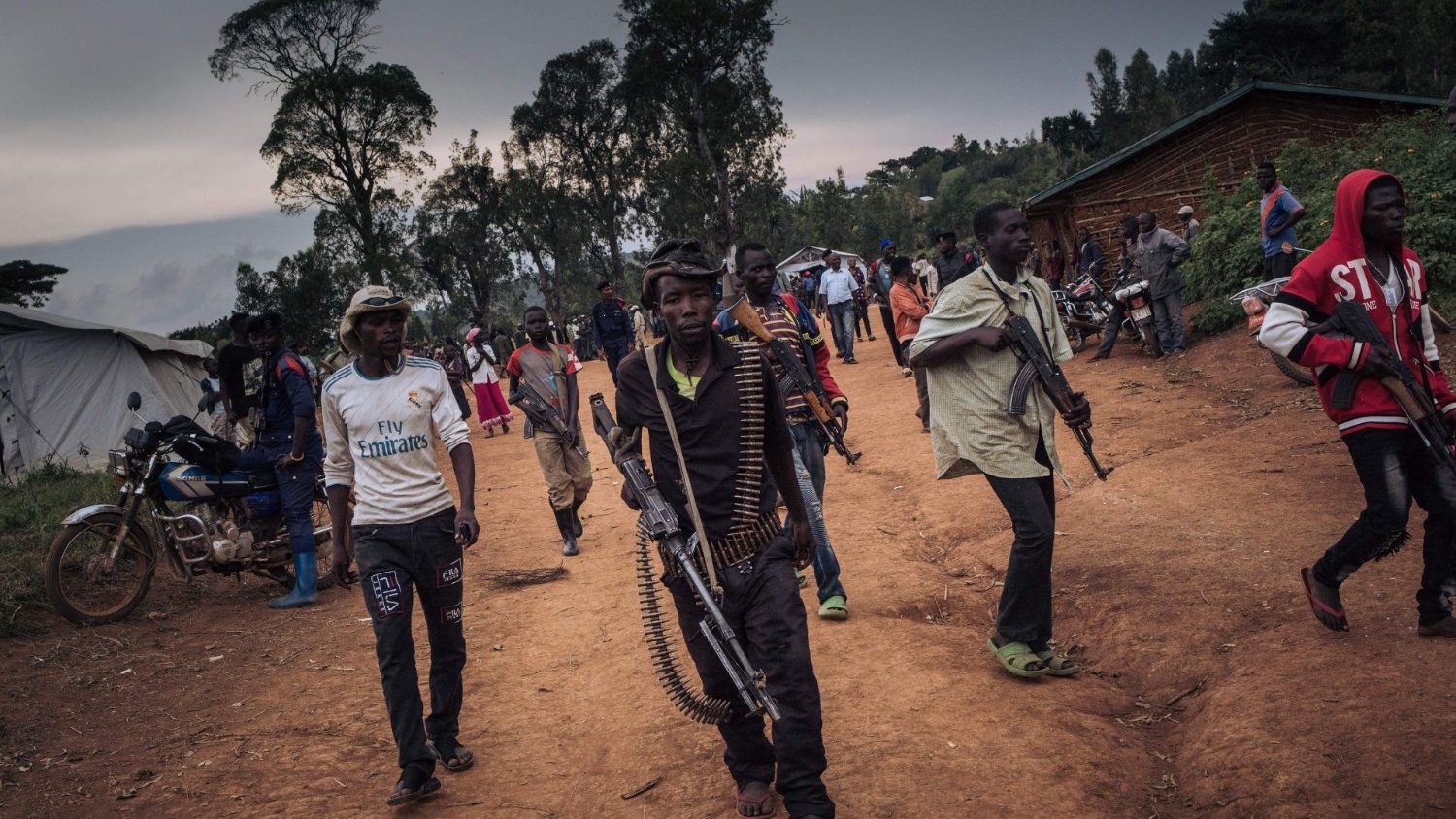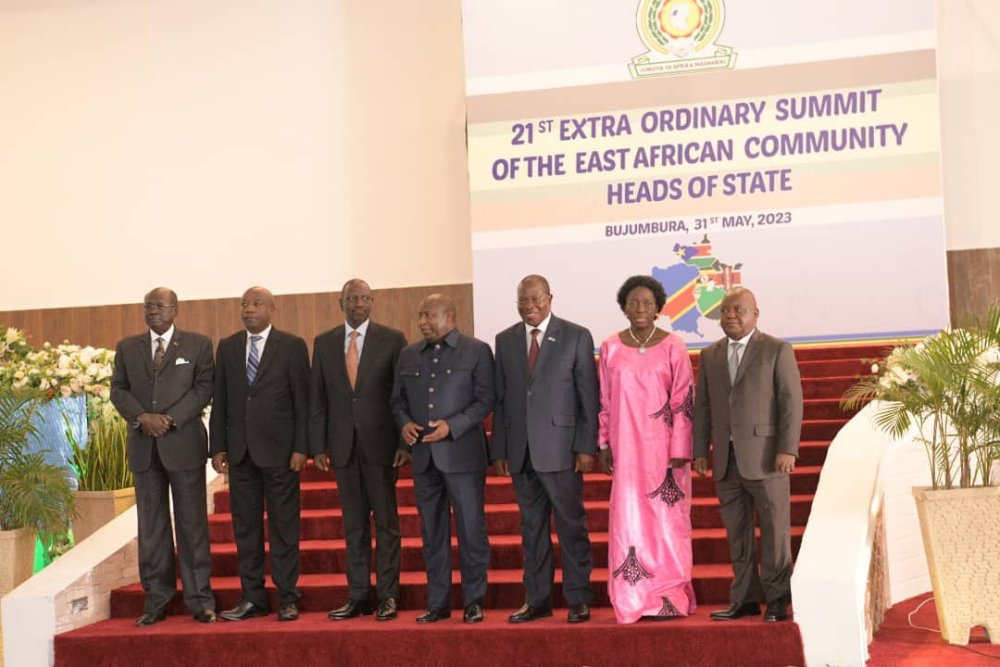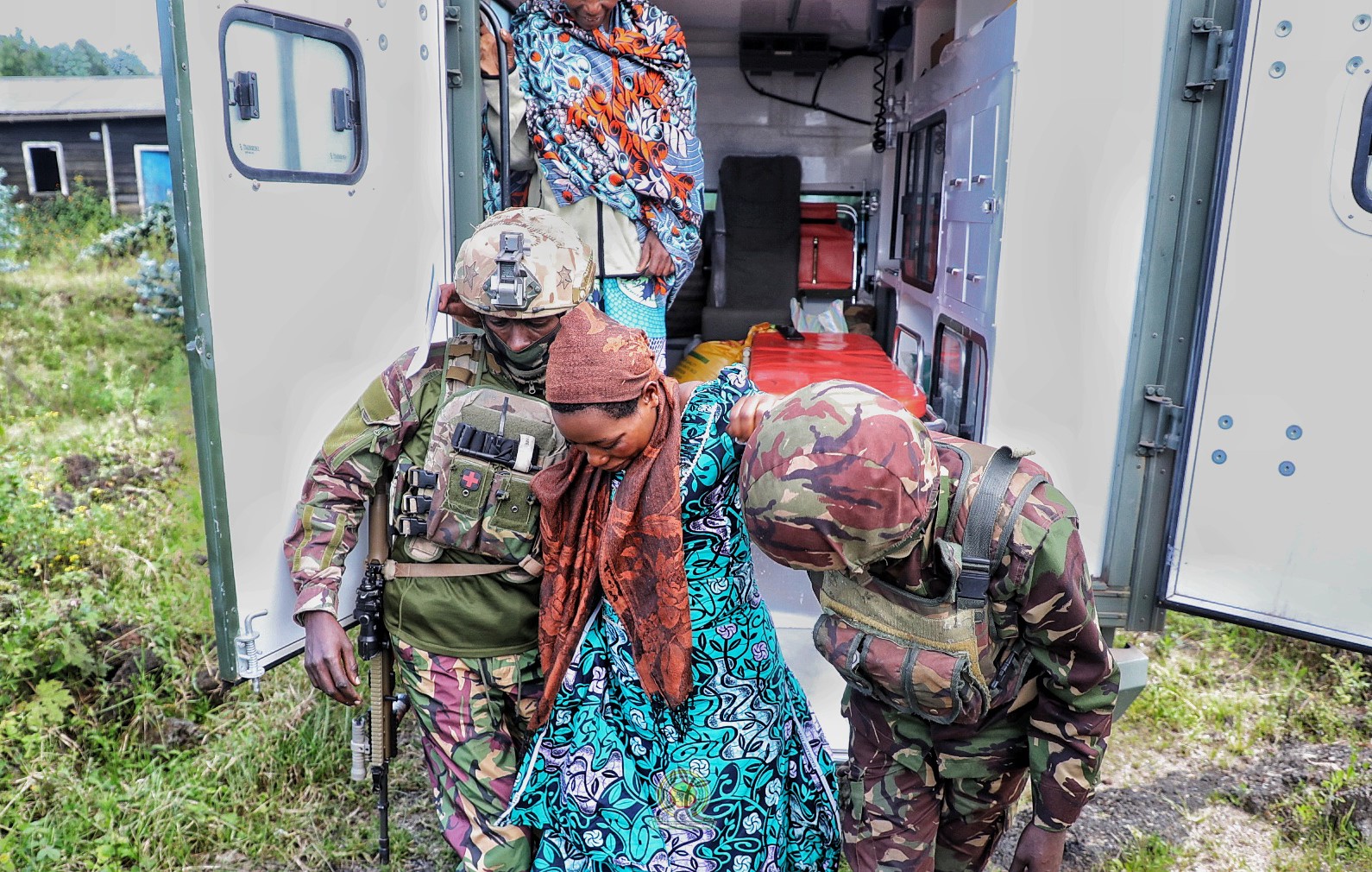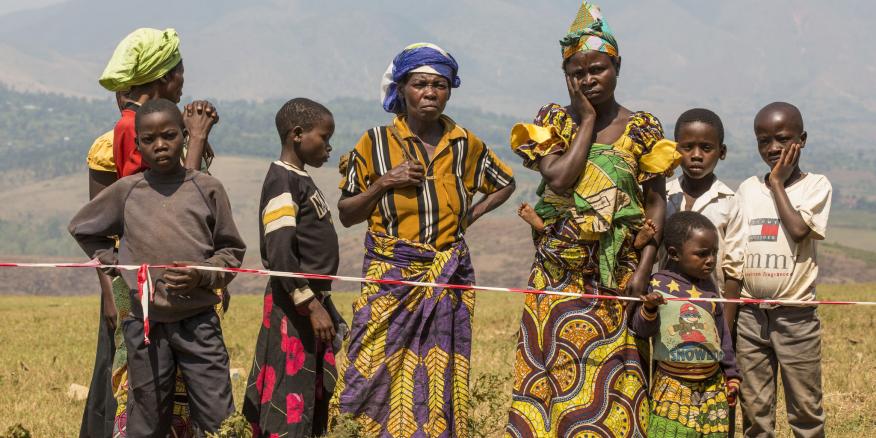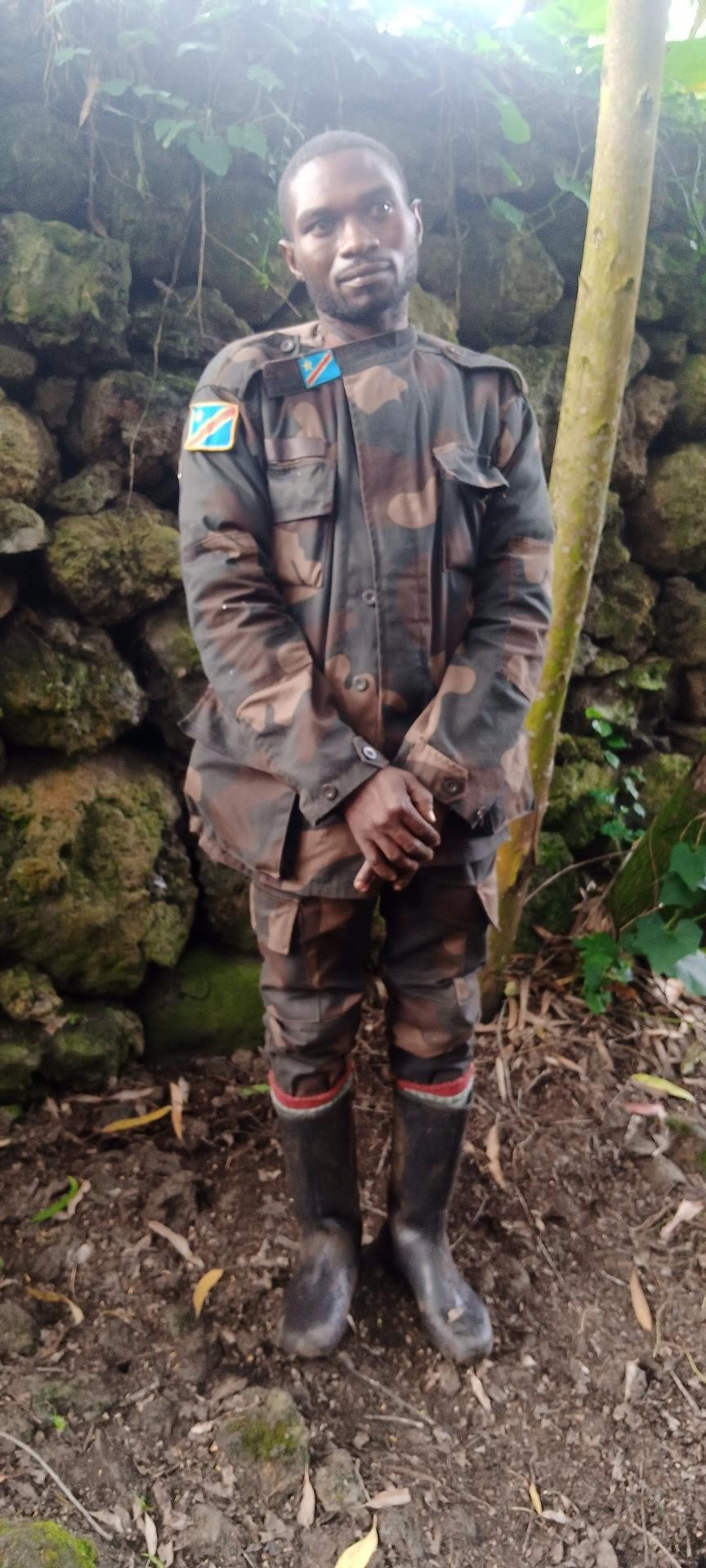Regional
Why EAC’s resolutions contradict Tshisekedi's wishes

The
East African Community has tirelessly worked to find possible ways to halt the
ongoing security crisis in eastern part of the Democratic Republic of Congo,
since the country became a member in July 2022.
Unfortunately,
it seems the regional bloc is fetching water in a bucket with holes. DRC’s
President, Félix Tshisekedi, has never shown any will to implement the EAC
leaders’ recommendations. He has, instead, challenged every move towards sustainable
solutions in restoring peace and security in the volatile region of his country.
Tshisekedi’s
wishes are all about getting another five-year tenure, by hook or crook. Every
kind of sacrifice, in his mind, will be made to reach his ambition.
While
EAC leaders want calm in eastern DRC so that millions of displaced Congolese return
in their homes and vote for their next president in December 2023, Tshisekedi
thinks it will be his big loss. He is sure, he cannot win the minds and hearts
of his people with no single positive achievement throughout the ending tenure.
The
unique remaining plot to Tshisekedi is to find fake justifications for
postponing elections like ‘let’s first of all deal with security in the east’. The
second move will be to prepare ground for fraudulent polls and declare his
victory, as it was the case in 2018 when he stole what was actually Martin
Fayulu’s win.
Facts speak volumes…
“The mandate of EACRF is ending in June, if
by that time we assess that the mandate was not fulfilled. We will send those
contingents home with honor and thank them for having tried to bring their
share of contribution to peace in DRC,” Tshisekedi declared on May 9, in
Botswana.
His complaint was based on the fact that the EAC
regional force fulfilled its mandate as it is designed. Tshisekedi wanted the
force to fight the M23 rebels which is not its mandate. As a result, his wishes
never came true.
Related:
SADC's
shuffling to replace EAC force in DRC shows disunity among Africa’s regional
blocs
On
the other hand, EAC leaders congratulated the EAC force for its achievement
towards restoration of peace and security in eastern DRC. It was in the 21st
Extraordinary EAC Heads of State Summit held on May 31, in Bujumbura, Burundi.
The
force now occupies many areas evacuated by the M23 rebels, including Sake,
Kibumba, Rumangabo, Mushaki, Kilolirwe, Kitchanga, Kiwanja and Bunagana.
Related: DRC: Tshisekedi wants EAC regional force out,
what’s next?
“The
Heads of State agreed to the extension of the status of EAC forces agreement
for six months from March 8 to September 8, 2023 in order to consolidate the
gains made by the EAC force,” reads one of resolutions by the EAC summit.
Tshisekedi
has declared that he will never hold dialogue with M23.
“There is no question of political dialogue
with this group. I say it and I want to make it clear that it will never be a
question of it. Quite simply because it is through this kind of dialogue that
they take advantage of the situation to infiltrate us. Infiltrate elements that
will later create fallacious claims and justify their aggression against the
DRC,” Tshisekedi said in April.
The
21st extraordinary EAC summit reaffirmed that the “security situation in
eastern DRC can only be sustainably resolved through a political process”
through dialogue among all the parties.
Related: DRC crisis: EAC leaders insist on political
solution, but will Kinshasa really budge?
The
EAC leaders urged Kinshasa to work with the Nairobi peace process and the
facilitator, former Kenyan president, Uhuru Kenyatta, to “finalize the
appropriate dates for resumption of the inter-Congolese dialogue.”
While
EAC is pushing hard to end violence in east DRC, Tshisekedi wants the
escalation of violence so that he will stay in office, whether by fraud
elections or transition.
He
has accused the EAC force of ‘cohabiting’ with M23 rebels after the regional
troops declined to combat the rebels as he had wished.
Tshisekedi
is not satisfied with the fact that the force created a buffer zone as it is
mandated to, a move that played a crucial role in M23 withdrawals.



